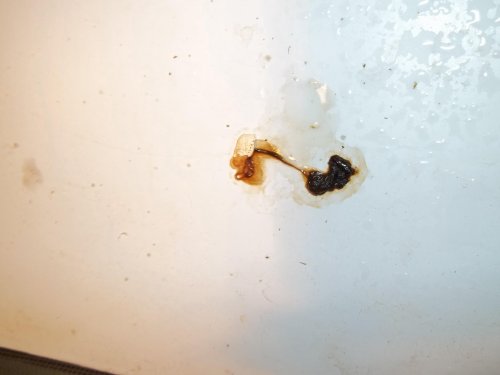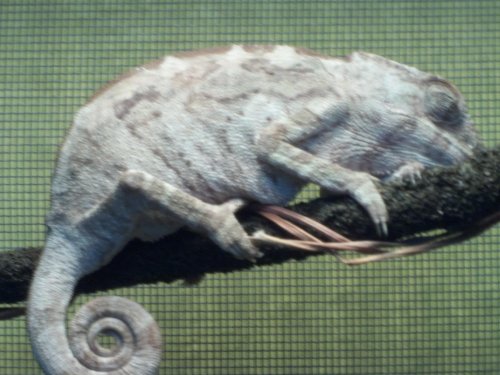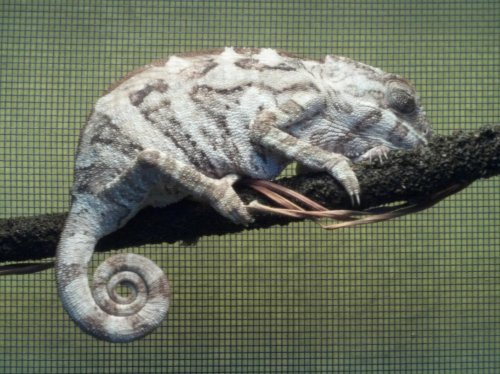So I bought a female panther chameleon from someone who moved away but it turns out she is sick. She sleeps the whole day and will only wake up when I mist her and ocassionally. I took her to the vet and they conducted an exotic culture which turn out four pathogenic bacterias.
1) Pseudomonas aeruginosa-2+
2) Serratia marcenses- 2+
3) Morganella morganii- 2+
4) Proteus vulgaris- 1+
I had to buy Ciprofloxacin and treat her for 21 consecutive days, as well as BeneBac for once a week for 6-8 weeks to establish an appropriate amount of normal flora. However, it has been 8 days since her treatment began and does not seem to be showing a lot of results. She still sleeps most of the day and I have to orally feed her with Carnivore Care. I really need advice/help if anyone has been through the same, and if there are other remedies that can be taken overall. I've already spend over $300 in the test and medications and most likely will have to spend more in order to see what's going on. Any advice is greatly appreciated
1) Pseudomonas aeruginosa-2+
2) Serratia marcenses- 2+
3) Morganella morganii- 2+
4) Proteus vulgaris- 1+
I had to buy Ciprofloxacin and treat her for 21 consecutive days, as well as BeneBac for once a week for 6-8 weeks to establish an appropriate amount of normal flora. However, it has been 8 days since her treatment began and does not seem to be showing a lot of results. She still sleeps most of the day and I have to orally feed her with Carnivore Care. I really need advice/help if anyone has been through the same, and if there are other remedies that can be taken overall. I've already spend over $300 in the test and medications and most likely will have to spend more in order to see what's going on. Any advice is greatly appreciated








